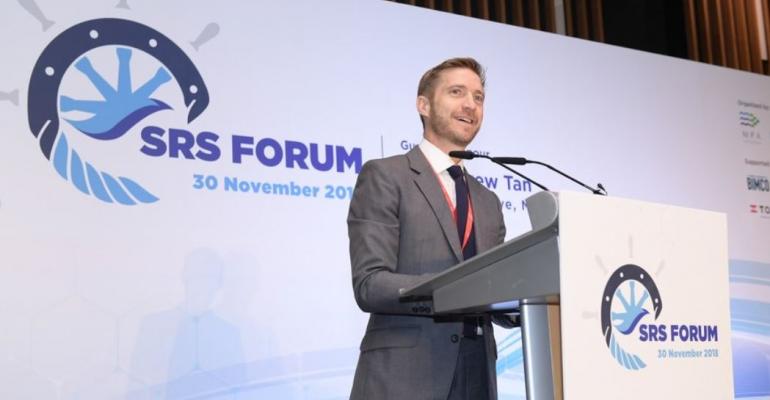The scale of operational challenges with BWTS fitted by tanker owners was revealed by Intertanko at a forum in Singapore on Friday. Tim Wilkins, regional manager (Asia-Pacific), environment director, Intertanko, said the feedback from its members was that in their assessment 60% - 80% of systems did not work correctly.
This does not mean the systems do not work at all, but do not function in the way they should, however, Wilkins also added, “Failures are unfortunately becoming a daily problem.”
To address the problems contingency measures are being put in place. “We have guidance, we have the industry going through contingency measures, built on very clear transparent measures to ensure regulators and port states and the flag administrations are very much in the picture….and so that information can be sent to the IMO in the future and they can understand exactly what is happening with the systems and the regulation,” Wilkins told the Singapore Registry of Ships (SRS) Forum.
Read more: Operational problems continue with Ballast Water Treatment Systems: ABS
It is understood that owners fitted systems on vessels such as newbuildings, but never tested them, and are only finding out now when they start to use the BWTS that the systems do not in fact work properly.
“In some respect there has been recognition these systems aren’t installed correctly and as a consequence the IMO have also said ok let’s make sure these systems are validated and operating properly before that vessel goes on trading. So a newbuilding during sea trials you need to validate that system is working correctly,” he said.
With the focus of industry discussions now firmly on the IMO’s 0.5% sulphur cap from 1 January 2020 Wilkins commented of ballast water management: “It is yesterday’s conference issue, but its today’s operational issue.”
Copyright © 2024. All rights reserved. Seatrade, a trading name of Informa Markets (UK) Limited. Add Seatrade Maritime News to your Google News feed.


